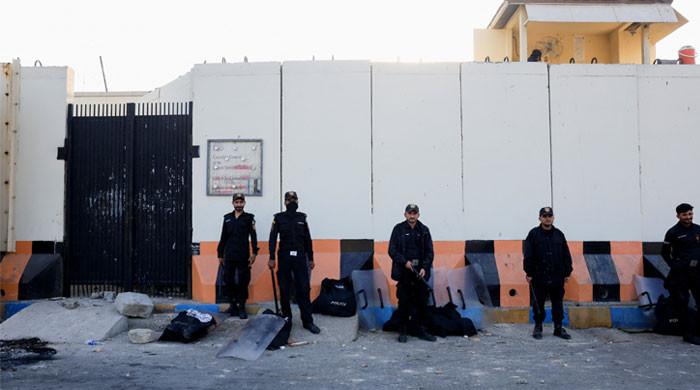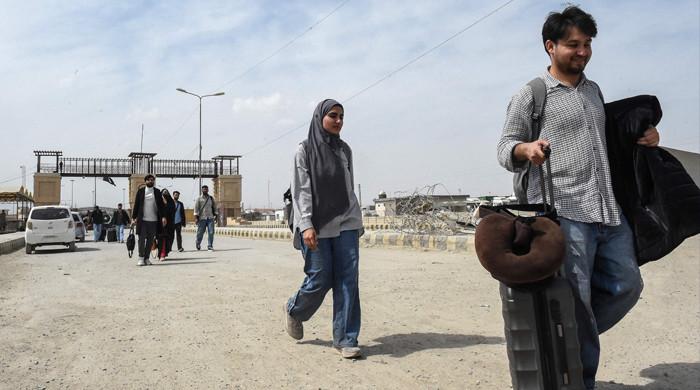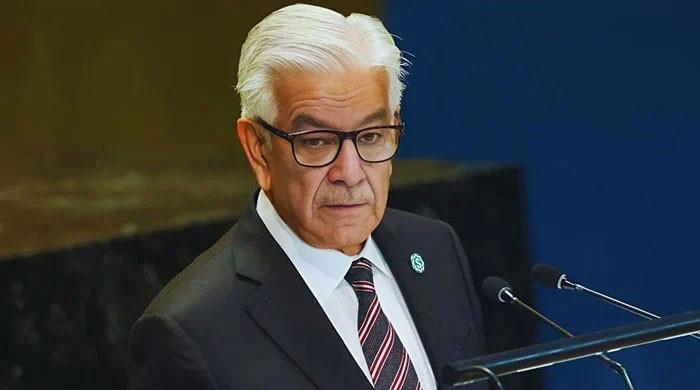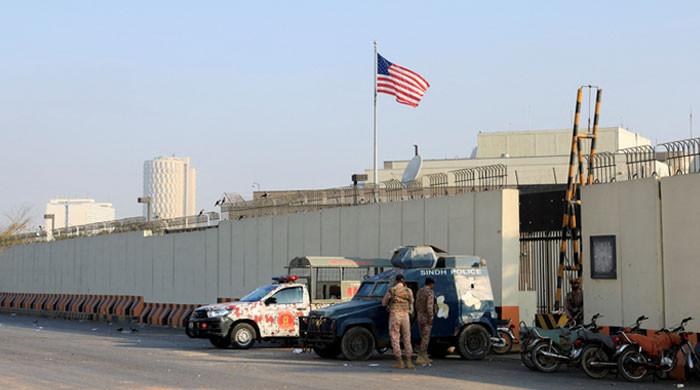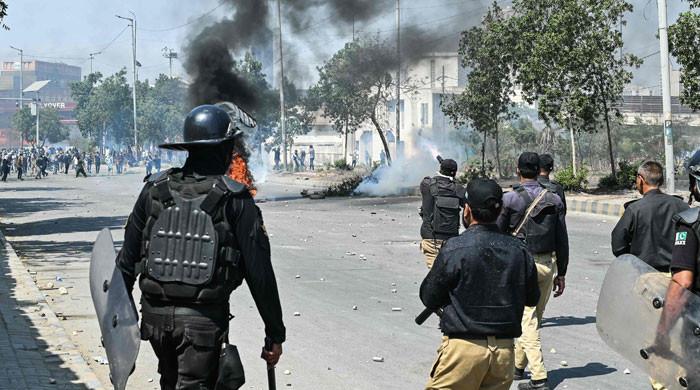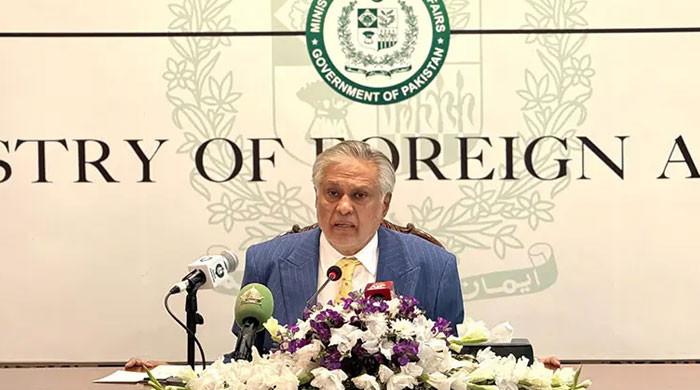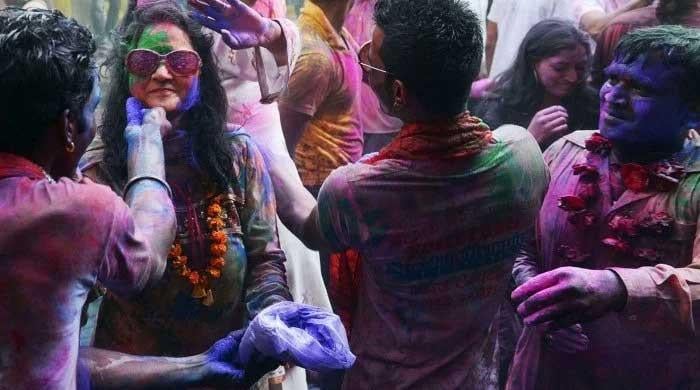The challenges for Pakistan's tourism industry
Pakistan needs to look at other Muslim-majority countries such as Turkey, the UAE and Qatar to build its tourist heaven
January 13, 2022
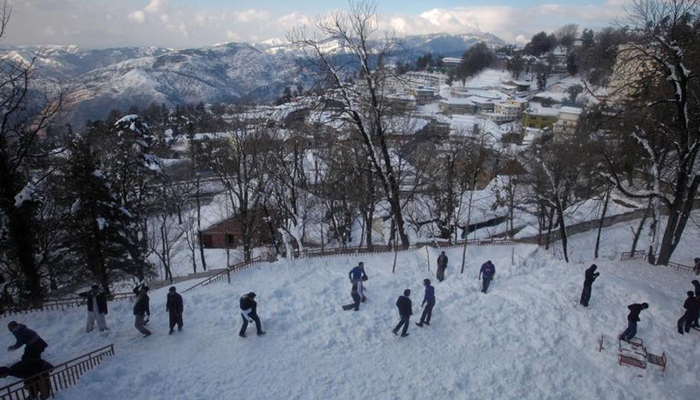
On YouTube, we can find dozens of videos — if not more — of influencers, mostly white women, promoting Pakistan as a tourist destination. Their words do have some value.
Certainly, Pakistan has some of the most beautiful mountain sites and picturesque beaches in the world. But it is important to look at the reality that exists on the ground.
Some of these realities were highlighted in the catastrophe we saw on the road leading from Islamabad to Murree and on the expressway leading to the same destination in Murree and then upwards to Galiyat. It is one of the country’s most accessible parts for tourists and therefore frequently visited.
The complete failure on the part of the Murree administration to stop the cars going up despite warnings of a snowstorm and the then ongoing five- to six-foot snowfall in many areas of Galiyat is a complete disaster. It shows just how unprepared the country is to manage tourism, even in the most accessible and popular locations, or to deal with the requirements of tourists.
People should have been warned well in advance that it was not safe to travel to these areas and to, as usually happens in other alpine destinations, hire the required equipment such as chains to place around tires, or the authorities should have informed people what to do should they run into trouble.
The fact that it took so long for the authorities to recognise the scale of the disaster in which at least 23 people died, including eight members of the family of an ASI from Islamabad who left behind a voice message, describing the emergency situation and the inability of the authorities to rescue him is a telling tale of tourism in our country.
But beyond this one-off disaster, it is also true that much more is needed to be done to promote tourism and to make Pakistan a tourist haven on the same scale as that in neighbouring countries such as Sri Lanka and Nepal or in other far-off places like the UAE, the Seychelles, the Maldives, Malaysia, Bali, etc.
Read more: How a family vacation turned into a tragedy in Murree
We have more beautiful scenery than that of other nations and far more places of historical interest. But the issue is that when people who travel up to Gilgit or Skardu have limited accommodation options — and that too at high rates, when no amenities such as working ski lifts — even on the slopes of Malam Jabba — are available, and when so much is prohibited — such as music and alcoholic beverages, promotion of tourism becomes a challenge.
It is also difficult to see how we can promote the pristine beaches of Balochistan as a tourist location, given it is not possible for people, notably women, to enter the waters in swimwear or to practise usual beach activities.
And while it can be argued that these activities may go against our culture, Muslim-majority nations like the UAE have managed to accommodate religion and tourism together and merge it perfectly well.
They have made it permissible for tourists to enjoy their vacations and not remain terrified of a raid or an attempt by the police to be bribed into not reporting an incident and created a relaxed atmosphere at malls, shopping centres, and other sites that they continue to set up around the small country.
We also need to recognise that the images we see on YouTube and other channels are not exactly accurate. It is hard to imagine solo travellers, leave alone a foreign woman, making it through in Hingol National Park in Balochistan on their own without facing any danger or the threat of possible danger.
While Pakistanis are extremely hospitable, they also face a host of challenges — kidnappings for ransom, attacks on foreigners, bomb blasts, and other similar incidents that we have seen in recent years.
Beyond this, we need to think about local tourism as well. Again, we need to structure our areas such as Murree in a manner that helps it retain its immense beauty.
Unplanned vertical construction — one house over another — and hotels which simply do not fit the landscape, but seem better suited to some kind of a fairytale set in an Arab country with tall minarets and tiles while they charge at high rates, and there have been scuffles in the past between locals, wishing to protect other tourists and also their own local women, and groups of young men who have barged into hotels, and then acted as hooligans.
The same issues have come up in other places such as a rave in a Gilgit area was met with severe criticism by the locals who said that such activity was against their culture. Issues like this one need to be negotiated carefully.
The authorities must sit with local elders and work out an acceptable way that doesn’t offend anyone. And speaking of culture, we should also remember that the culture of groups such as the Kalash needs to be protected as well.
Local tourism has also increased as road infrastructure has improved. But there have been a few drawbacks that remain unheeded. So many areas in Kaghan, Swat and other locations are now filled with litter after tourist expeditions, destroying the ecology and beauty of those locations.
The locals have, in many cases — notably in Gilgit, Hunza and Skardu, put together teams to collect the garbage and dispose it in a better manner. They have also complained about the behaviour of visitors to the areas. But this cannot be sustained.
Tourists need to be trained about how to protect the beauty of their homeland. The same applies to historical sites in cities such as Lahore.
Pakistan needs to look at other Muslim-majority countries such as Turkey, the UAE and Qatar to build its tourist heaven.
This can be easily achieved as the Maldives, Malaysia and other Muslim countries have also been able to transform into a highly visited tourist countries.
But we must possess the will and awareness to do so and recognise that tourism-related relaxations will not damage our faith or beliefs. They will only strengthen them and provide a valuable income to our nation.
The writer is a freelance columnist and former newspaper editor. She can be reached at: [email protected]
Originally published in The News




